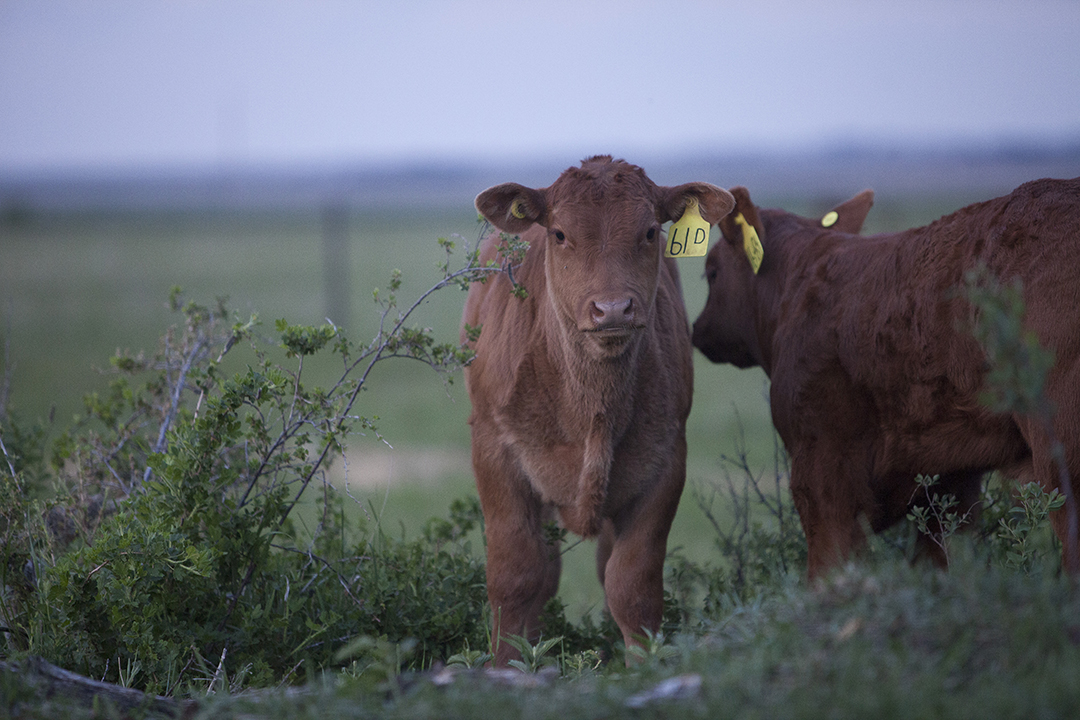
Cow-calf survey shows successful move to spring calving
Results of the Western Canadian Cow-Calf Surveillance Network study led by researchers at the Western College of Veterinary Medicine (WCVM) have shown producers are increasingly moving to a later calving season as a means of expanding herds.
In a Canadian Cattlemen "Research on the Record" column, Reynold Bergen highlighted some of the study’s results that were recently published in the open access scientific journal PLOS One. Bergen is science director at the Beef Cattle Research Council.
WCVM researcher Dr. Cheryl Waldner was the study’s main author, with Dr. John Campbell and Dr. Sarah Parker serving as co-authors. Their research work details some of the pros and cons of alternative breeding and calving seasons.
In the largest multi-year description of reproductive performance in western Canadian beef herds ever conducted, the team worked with 105 cow-calf herds in Alberta, Saskatchewan and Manitoba over the course of four years. During that period, they surveyed beef cattle producers about their success in breeding, pregnancy rates and calf survival, as well as the timing of their breeding seasons.
The collected data showed higher pregnancy rates when producers began their breeding programs in May or June and lower calf death losses when cattle were bred in July and August.
This study is part of the broader Canadian Cow-Calf Surveillance Network (C3SN) project, a national animal health surveillance network for Canada’s cow-calf industry.
Based at the WCVM, C3SN is a network of beef cattle herds from across Canada. Scientists from the University of Saskatchewan, University of Calgary, University of Guelph and the University of Montréal are all participating in the project. C3SN is funded by the Beef Cattle Research Council and the Saskatchewan Ministry of Agriculture.
Read the full Canadian Cattlemen article here, or review the published study.
